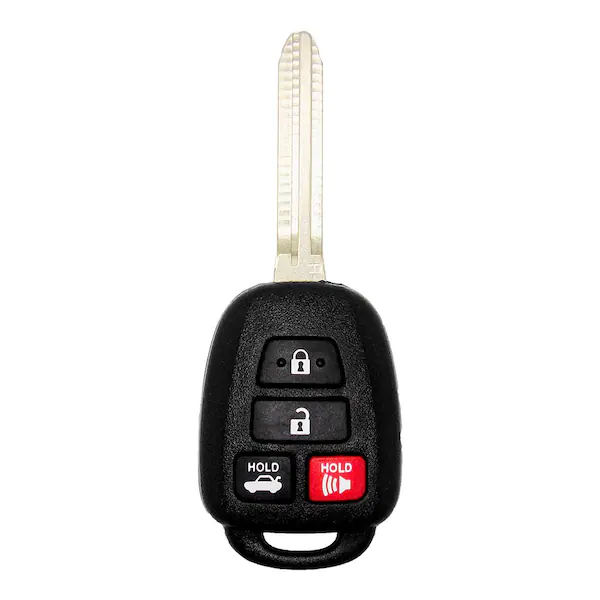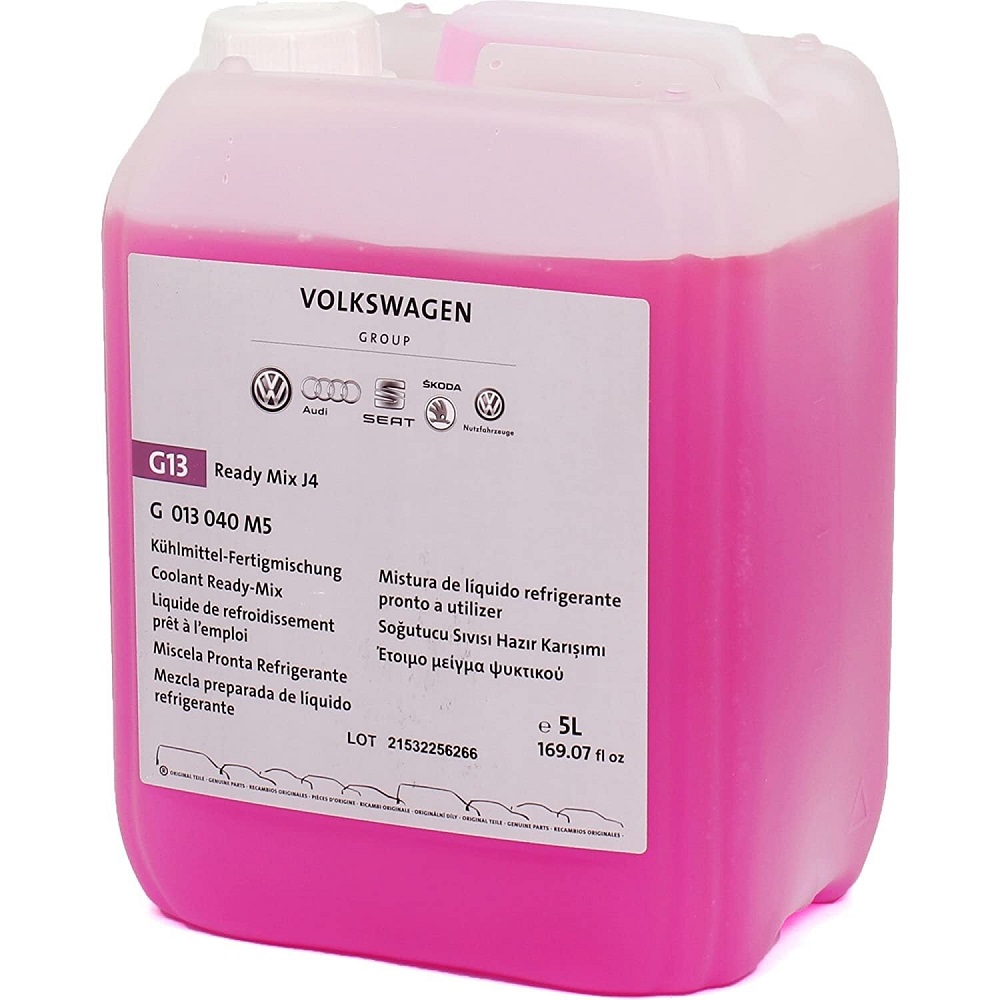Introduction: Understanding the Frustration of a Stuck Car Key
We’ve all been there. You’re running late, you hop in your car, and then – nothing. Your car key won’t turn in the ignition, and your day comes to a screeching halt. It’s exasperating, isn’t it? Being unable to start your car can cause a cascade of delays and frustrations, especially when you’re pressed for time.
So why does this happen? Often, there’s no obvious sign of trouble, leaving you puzzled and stressed. As an expert in car key dilemmas, let me reassure you – there are common issues that lead to this problem and they’re typically solvable. Whether it’s the steering wheel lock, a weary key, or a stubborn ignition cylinder, pinpointing the cause is the first step to unlocking the solution.
Throughout this blog, we’ll explore the various reasons your car key might be giving you trouble. From the role of the steering wheel lock mechanism to the significance of the ignition lock cylinder and beyond, we’re going to dive deep into each potential problem. We’ll inspect the health of your car key, consider the implications of a dead car battery, and even discuss some quick fixes you might attempt.
But remember, while some solutions are within easy reach, others might require a professional touch. So, the next time your car key won’t budge, keep calm and read on, as we navigate through common issues and fixes that will help you get back on the road in no time.
The Role of the Steering Wheel Lock Mechanism
The steering wheel lock is a safety feature found in most cars. It prevents the car from being steered without the correct key in the ignition. Sometimes, when your car key won’t turn, the issue might stem from this lock mechanism. Here’s what you need to understand:
- Activation: This mechanism engages automatically when you remove the key from the ignition.
- Symptoms: If activated, you might feel the steering wheel is completely immovable or very hard to turn.
- Solution: To disengage, you may need to gently turn the steering wheel. Do this while simultaneously turning the key in the ignition. It could release the lock and allow the key to turn.
- Careful Maneuvering: Apply pressure to the steering wheel in the opposite direction it’s locked. Try turning the key again with slight jiggles.
It’s crucial not to exert too much force which could damage the key or steering wheel. If the key is still stuck, consider other factors, like key damage or a dead battery, which we’ll discuss in the next sections. Remember, gentle and patient attempts often yield the best results.
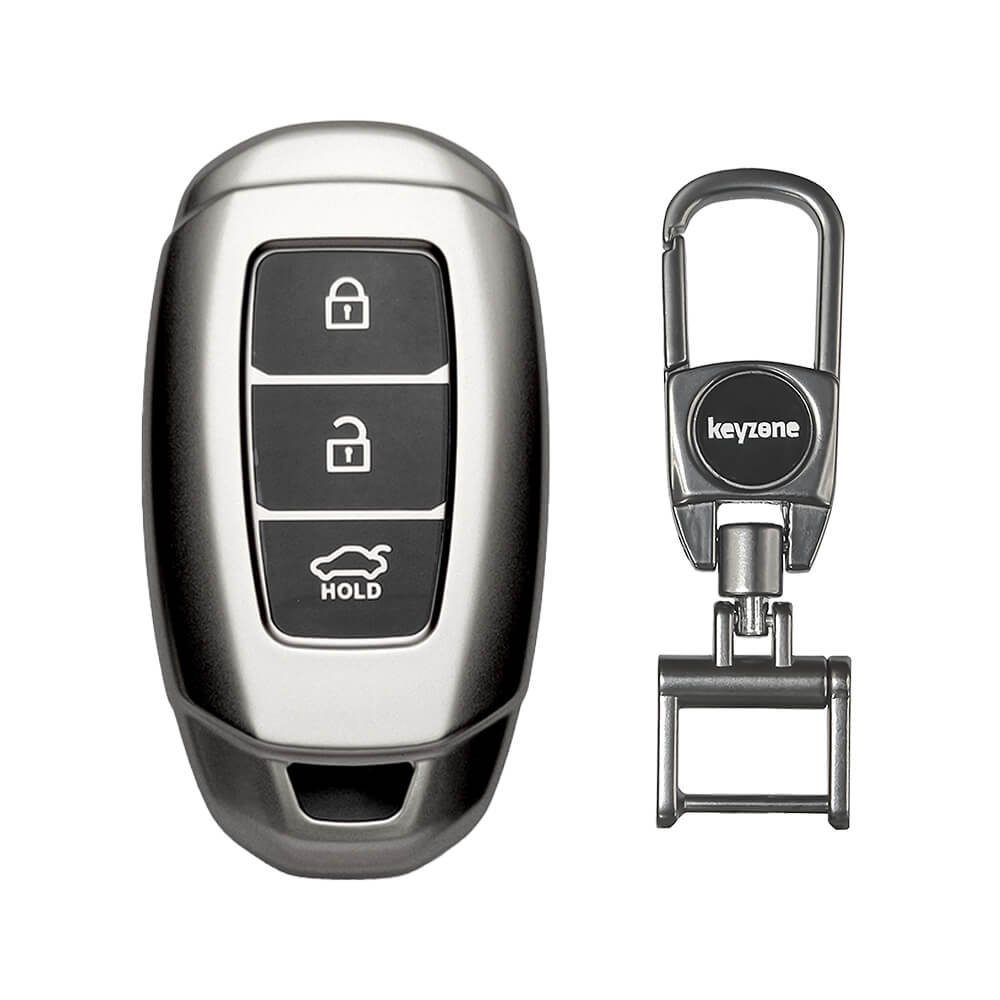
Ignition Lock Cylinder: The Heart of the Problem
When your car key won’t turn, the ignition lock cylinder may be at fault. This vital component houses the key when you start your vehicle. Problems with this cylinder can prevent the key from turning. Let’s explore some of the common issues with the ignition lock cylinder:
- Wear and Tear: Over time, the lock cylinder can wear down. This can cause the key to fit poorly and not turn.
- Obstructions: Debris or a foreign object inside the cylinder might block the key.
- Damaged Wafers: Internal components, like wafers, can become damaged. This prevents the key from aligning correctly.
- Faulty Springs: If the springs inside the lock cylinder are stuck, the key may not turn.
To resolve issues with the ignition lock cylinder, you might:
- Examine the keyway: Look for visible obstructions. Use a flashlight to inspect the key path.
- Clean the cylinder: Gently clean out any debris using compressed air or a cleaner. Be cautious to avoid eye injury.
- Check the wafers and springs: If these parts are damaged or stuck, they may need professional attention.
In many cases, the ignition lock cylinder requires expert skills to repair. If you suspect the problem is beyond a quick fix, it’s time to consult a locksmith. They have the tools and training to properly address cylinder issues. Preferably, do not force the key or cylinder. This can cause more damage or break the key. When in doubt, seek professional help for a long-term solution.
Examining the Key: Damage, Wear, and Incorrect Fits
When your car key won’t turn, the issue may be with the key itself. Here’s a close look at how key damage, wear, and incorrect fits can cause problems.
Key Damage
Your troubles might begin with a damaged key. Obvious bends or deformations in the key will prevent it from fitting and turning correctly inside the ignition. To check for damage, compare your key to a spare. If it’s visibly bent, avoid using force to turn it, as this could worsen the situation.
Key Wear
Repeated use can wear down a key, causing its teeth to lose the sharpness required to align with the lock wafers correctly. If a once-smooth turn now feels rough or catches, wear is likely the culprit. Using a spare key can confirm if wear is the issue.
Incorrect Fits
Mistakenly using the wrong key is more common than you might think. Always ensure the key you’re trying to use is the one designed for your car’s ignition. Keys from different vehicles or similar locks can look deceptively alike.
To address these key-related issues, start by inspecting your key for visible wear or damage. Use a well-lit area to get a good view and compare it with a spare if possible. If damage or wear is evident, avoid DIY fixes. They can risk further damage to the key or ignition. Instead, a locksmith can create a new key using the car’s VIN or by duplicating a spare. In the case of using the wrong key, merely swapping to the correct one will solve your dilemma.
If after examining the key you find no faults, the problem may lie elsewhere, prompting a need to investigate further—like a dead battery or an ignition cylinder obstruction, which we’ll explore later.
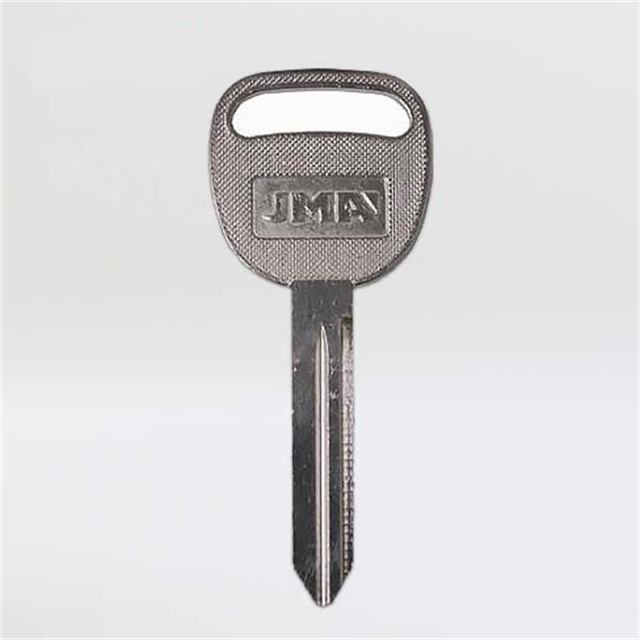
The Impact of a Dead Car Battery on Key Function
A dead car battery can have surprising effects. It might stop the key from turning in the ignition. This is common in modern cars with advanced electronic ignition systems. Let’s break down how a dead battery impacts your car key function:
- Signs: When a battery is dead, the car’s electrical components won’t work. This includes the ignition system. Without power, the key may not turn.
- Checking: See if the car’s lights or radio work. If they don’t, the battery could be the issue.
- Solution: Jump-start the car or replace the battery. This can restore the key function.
Before trying more complex fixes, check the battery’s health. Use a multimeter or look for dashboard battery lights. If you’re unsure about fixing a car battery, seek a professional mechanic. Remember, a key that won’t turn could be a simple sign of a dead battery. So, always check this first when troubleshooting.
Dealing with Obstructions and Stuck Springs
Sometimes a car key won’t turn due to obstructions or stuck springs within the ignition cylinder. Tiny pieces of debris or dirt can prevent the key from INSERTING properly or turning. Here’s what to consider:
Check for Obstructions
Use a flashlight to look inside the key cylinder. Find any visible dirt, dust, or foreign objects. A compressed air can might clear out debris. Be sure to protect your eyes while you clean.
Stuck Springs
Internal springs and pins need to move freely for the key to turn. If they get stuck, the key won’t align correctly and won’t turn. Gently tap the ignition cylinder with a small hammer or tool. This might loosen the stuck parts. Be careful not to damage the cylinder.
Address obstructions first as they are often the easiest to fix.
Cleaning the key
A dirty key can also lead to problems. Wipe your key with alcohol or a cleaner. Make sure it is dry before using it again.
Remember, forcing the key can make things worse. If these steps don’t work, it’s probably time to get professional help. A locksmith has the right tools to fix obstructions and stuck springs without damaging your ignition.
Quick Fixes: Jiggling, Lubrication, and Other Tricks
When your car key won’t turn, try these quick fixes before you call for help:
Jiggling the Steering Wheel
- Gently shake the steering wheel while turning the key.
- Use a light left-to-right motion.
- This can release the steering lock pressure.
Lubrication Solutions
- Apply a silicon-based lubricant to the key and cylinder.
- Avoid oil-based products, they attract dirt.
- Let the lubricant dry and try the key again.
Other Helpful Tricks
- Ensure the car is in ‘Park’ or ‘Neutral’.
- Check that the key is the correct one for your vehicle.
- If the battery is dead, a jump-start might be needed.
- Look at the ignition indicators to confirm the car is fully off.
These methods can often free a stuck key without causing damage. They are worth a try before seeking professional assistance. If these tips don’t work and your car key still won’t turn, it may be time to consult an expert locksmith.
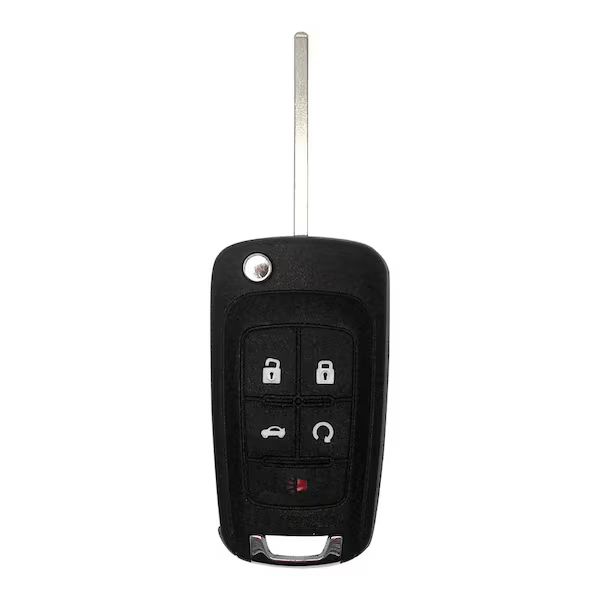
When to Call a Professional Locksmith: Beyond DIY Solutions
If quick fixes don’t work, call a locksmith. They have the right tools and expertise. Don’t keep trying if the car key won’t turn. Forcing it can cause more harm. A trained locksmith knows how to handle stuck keys or ignitions without damage. They can also make new keys or repair the ignition cylinder. Save time and avoid stress by calling a professional. They can fix the problem swiftly and effectively. Remember, DIY methods have limits. Some issues need a locksmith’s help. They ensure a correct and speedy resolution of the problem.
Conclusion: Preventing Future Key and Ignition Issues
To avoid future frustrations with a car key that won’t turn, take proactive measures. Here are tips:
- Regular Maintenance: Regularly check your car key for signs of wear or damage.
- Spare Key Usage: Use a spare key occasionally to reduce wear on your primary key.
- Steering Wheel Care: Avoid putting too much force on the steering wheel lock.
- Battery Checks: Keep an eye on your car battery’s health to prevent surprise issues.
- Key Storage: Store your keys in a clean, safe place to prevent dirt accumulation.
- Professional Inspections: Get your ignition system checked regularly by a professional.
By following these simple steps, you can reduce the chances of your car key not turning. Remember, if you face persistent issues, consulting a locksmith is a wise decision. Stay ahead of key and ignition troubles and ensure a smooth driving experience.






